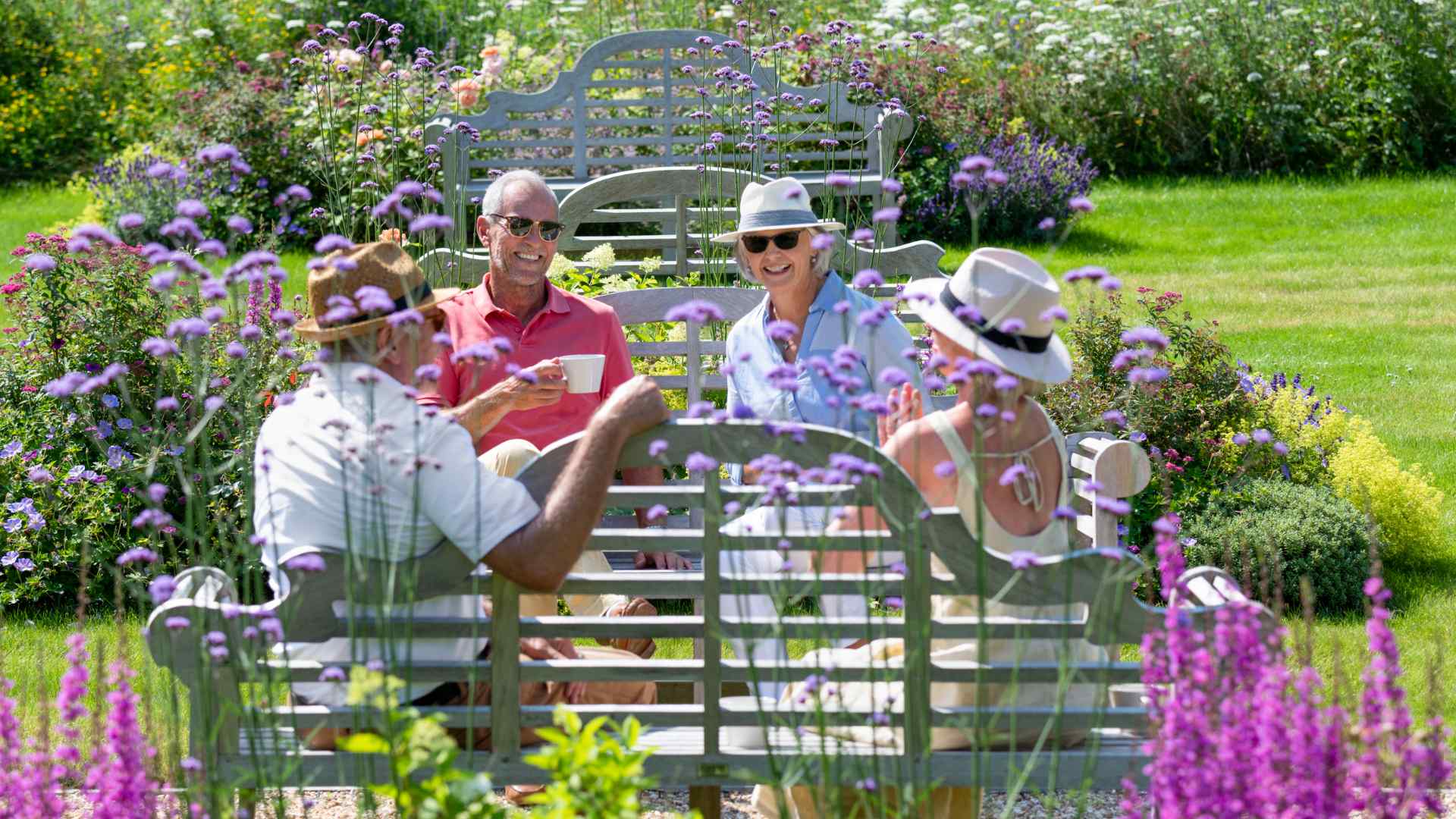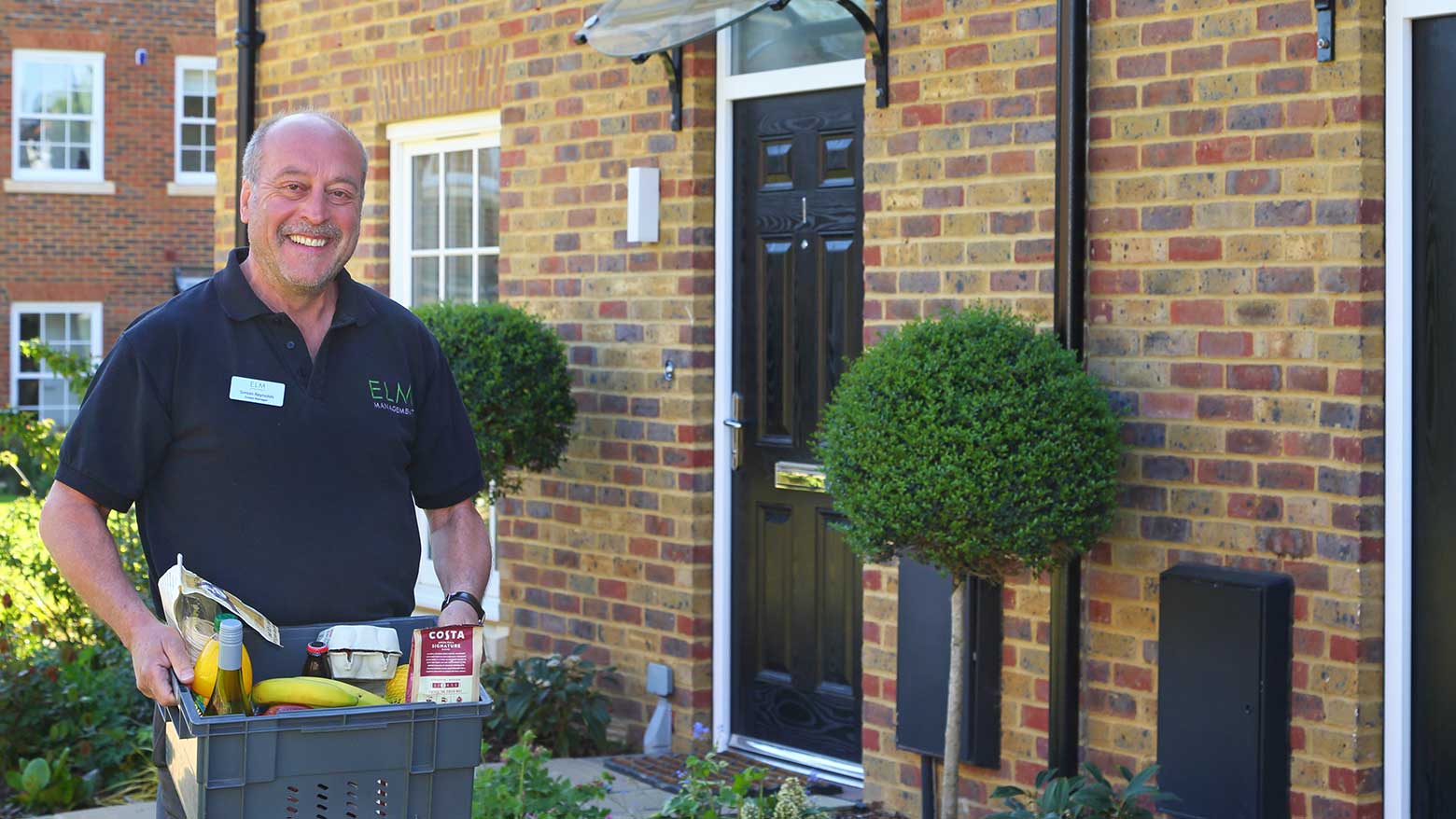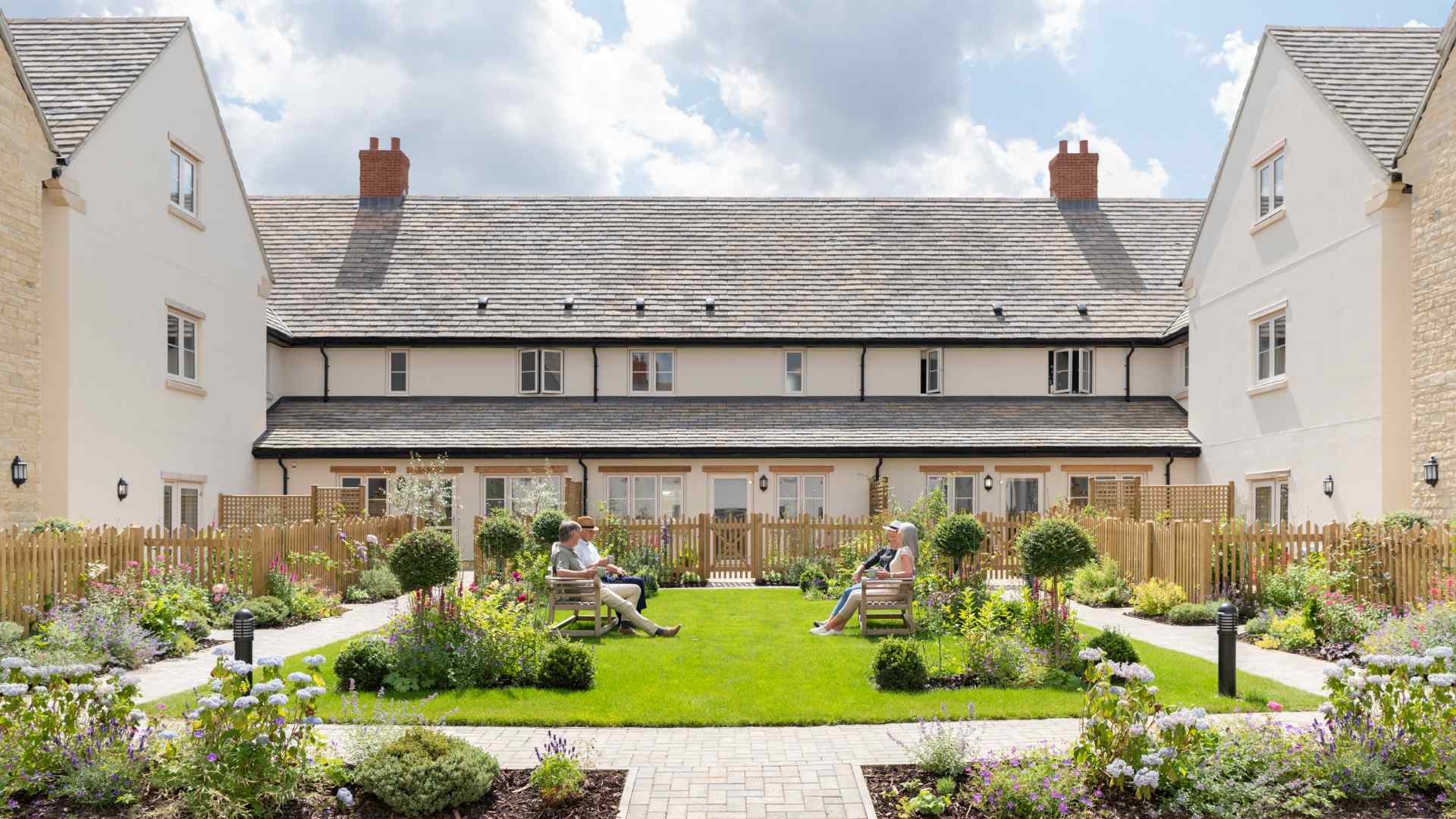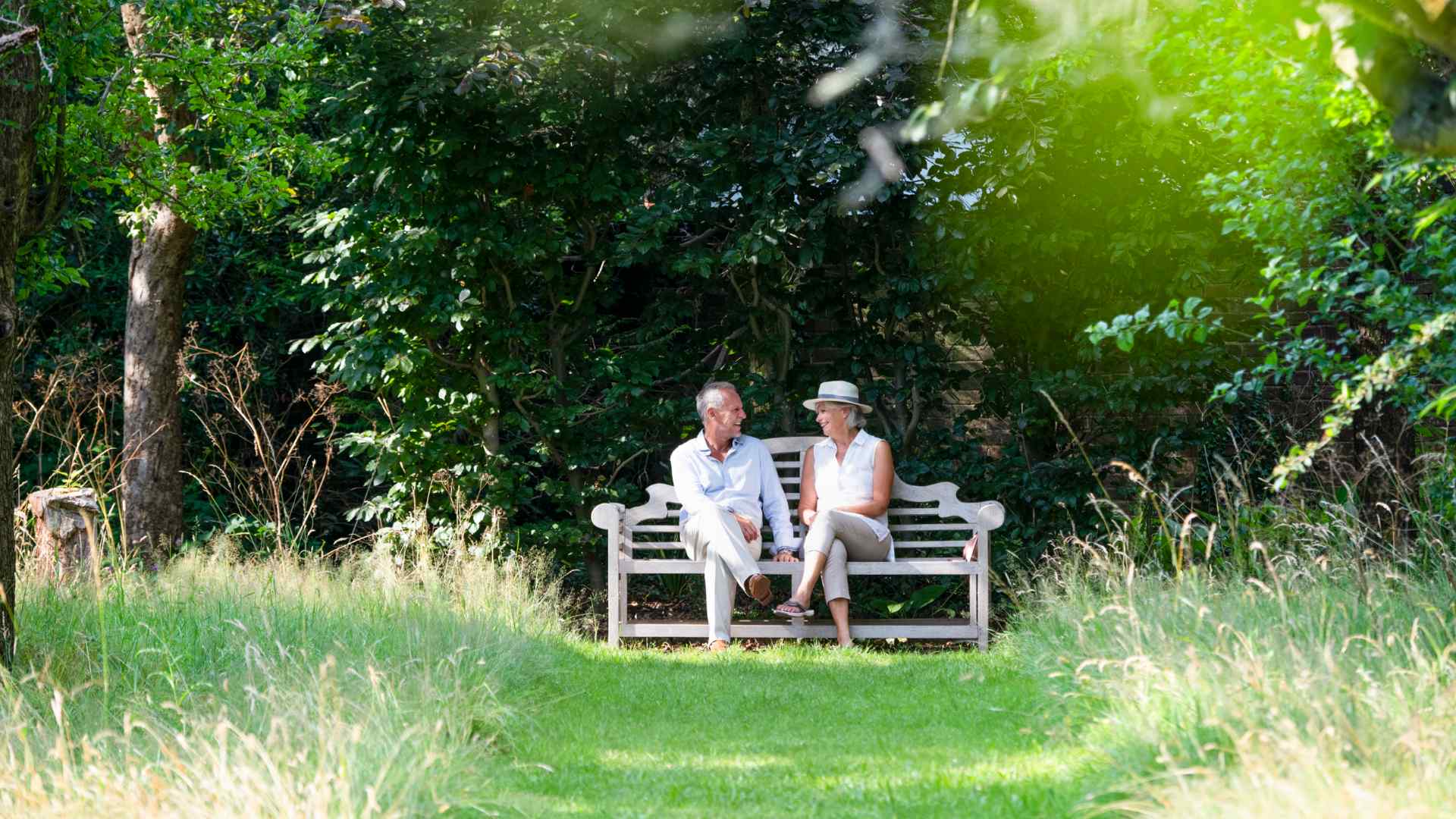
It’s important to work out the cost of retirement when you move; we hope this information will help you understand the costs of living in a Beechcroft retirement community.
Most Beechcroft houses are freehold but some homes are sold with a 999-year lease to protect the quality of your development in years to come.
Leaseholds allow us to put certain covenants in place to ensure that the landscaped setting and the communal areas may be maintained to the highest standards. We do not charge ground rent on our leasehold apartments, however, we do give our leasehold owners an opportunity to buy the freehold if they wish.
Service charges are also payable at every Beechcroft development. When you reserve your new home, your sales consultant will provide you with a breakdown of the service charges and will explain each element read on to find out more about what these costs cover.
Generally, prospective home buyers arrive at a retirement development with a list of questions – the location of the nearest doctor and dentist, local clubs and societies, the best walks in the area and the most popular cafes and restaurants. With the swiftly rising cost of living, however, Beechcroft’s sales consultants are more likely to be asked about the energy-efficiency of the new homes and on the service charges and other fees related to retirement living. The sales consultants are always happy to confirm that the management service at Beechcroft is not for profit and that it’s easy to resell on the open market without ‘exit fees.’
At Beechcroft, home owners don’t have to worry about buildings insurance, external window cleaning, maintenance of electric gates (if any are in place), security cameras, video entry systems, lighting and heating of the communal areas including the communal lounge and guest suite or the upkeep of the landscaped setting and private gardens.
All the running costs associated with the development are covered as well as a sum for future maintenance which may include refurbishment, decoration of the communal areas or roofing. The managing agent, ELM, carries out maintenance as and when required as well as having a programme of planned maintenance to keep the development in excellent condition.
An Estate Manager is employed on each development to handle the day-to-day administration of the development and to offer help and advice to residents. Beechcroft’s Estate Managers are particularly helpful and will also keep an eye on properties whilst owners are away on holiday or spending time at a second property in this country or abroad.
Beechcroft differs to many other retirement developers in that the management service is not-for-profit – so you only pay for the services provided. Whilst many Beechcroft developments, like Cotswold Gate in Burford, have a communal lounge and a guest suite, they do not have expensive ‘extras’ such as health suites, personal care, swimming pools, cafes and restaurants. If home owners require further services from hot meals to hairdressing, these are on offer for an additional cost at the neighbouring care home, where available. This means that the home owners who don’t require such services are not paying for them.
“The estate management service is fantastic. The manager is so obliging – if you want any help at all, he is on hand.”
, Hampton Manor
“In my previous home, I had gardening to do and fences to fix but, living here, I can potter in my garden if I want to but I don’t have to do anything – everything is looked after. I can’t speak highly enough of the estate manager – he’s wonderful. I have been here a year and the estate management service has been really useful. If you have a problem, you speak to the manager and he solves it.”
, Hampton Manor
“One of the deciding factors in choosing to live at Maryland Place was the estate management service. I don’t have to worry about anything outside – the external windows are cleaned and my private garden is maintained for me. My grass gets cut regularly so I don’t have to take responsibility for that. I like to travel and I’m able to lock my door and go away without worrying about my apartment. The Estate Manager keeps an eye on things and picks up the mail. Last time I was away there was a problem with the security alarm and he sorted it out for me. It’s so nice to have someone like that on hand – and the Estate Manager here is really nice.”
, Maryland Place
Whilst retirement villages and developments are usually designed for independent living, some do provide care and support for residents who need it – from home help and personal care to nursing. The provision of this type of support can be very expensive – and if covered by the service charge will prove costly for those residents who don’t need any care services.
Many Beechcroft retirement developments have an adjacent care home which offers a menu of additional services, enabling home owners who need support to pay for it on an individual basis – as and when required.
If a Beechcroft home owner needs to recuperate following an operation or illness, short term care is available at the care home – and, again, is paid for on an individual basis.
For couples who own a home on a Beechcroft development – or are thinking of buying – if one partner needs long-term care at some time in the future, the move to a familiar, neighbouring, care home will be less traumatic than moving to an unknown care home in another area. It will also be much easier for the partner or spouse of the care home resident to visit and spend time with their loved one.
Exit fees are common in other retirement villages and are usually calculated as a percentage of the sale price. If you eventually decide to sell your Beechcroft home, you are free to sell it on the open market, provided your buyers respect the requirement for at least one owner to be over the age of 55, on a retirement development.
If you or your heirs sell your home, surrender the property, enter into an equity release scheme or sublet it, Beechcroft does not demand ‘exit fees.’ Many specialist retirement developers charge ‘exit’ fees of 1% to 3% of the sale price; these are also referred to as ‘departure fees,’ ‘deferred management fees,’ ‘transfer fees’ or ‘contingency fees.’
Special Projects What is this?
Photo 1 of 1




